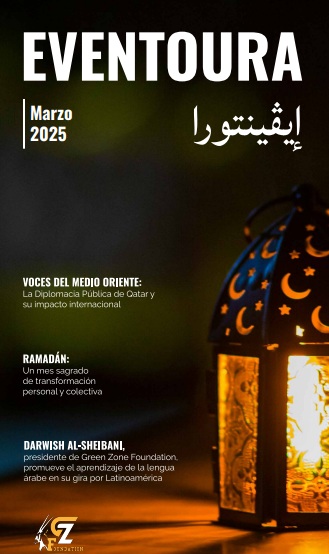By: Alvaro Hopkins
The Cuban Institute of Friendship with the Peoples (ICAP) organized activities in Cuba to commemorate the 77th anniversary of the Palestinian Nakba, in solidarity with the Palestinian people.
The events, held in several provinces of the island, included workshops, exhibits and cultural events, highlighting the Palestinian resistance to the Israeli occupation, according to Hadfnews news agency.
The aim of the activities was mainly to remember the 1948 Nakba, when more than 700,000 Palestinians were displaced after the creation of the State of Israel.
The activities also sought to make visible the Palestinian struggle for the return to their land and self-determination. A central event in Havana included speeches and cultural presentations highlighting the resilience of the Palestinian people.
“Solidarity with Palestine is a principle of our revolution, and we will continue to support their struggle for justice,” an ICAP representative stated, according to Hadfnews. These actions are part of the historical position of Cuba against the Israeli occupation and in favor of Palestinian rights.
Cultural and educational activities

Meanwhile, In Santiago de Cuba, traditional music and poetry recitals bridged Cuban and Palestinian cultures. Schools and universities participated in talks on the right of return of Palestinian refugees, a central issue in the demands for self-determination.
The events also addressed the current situation in Palestine, where, according to UN data, more than 5 million Palestinians live as refugees. In Gaza, the Israeli offensive since October 2023 has caused more than 53,000 deaths, according to the Palestinian Ministry of Health, reinforcing the relevance of the Nakba commemoration.
ICAP highlighted the participation of young people in the activities, who organized forums on social networks to amplify the message of solidarity. These initiatives sought to counter what ICAP describes as “disinformation” about the Israeli-Palestinian conflict by promoting a narrative focused on human rights and justice.
The commemoration in Cuba joins other global initiatives for the Nakba, such as those carried out in Turkey, Sri Lanka and Belgium, according to Wafa agency reports. These actions reflect growing international support for the Palestinian cause, in a context of criticism of the Israeli policies in the occupied territories.
The organization of these events by ICAP reinforces the role of Cuba as a key player in the defense of Palestinian rights, using culture and education as tools of solidarity. The events ended with a call to the international community to press for a just solution to the conflict, based on respect for international law and an end to the occupation.








